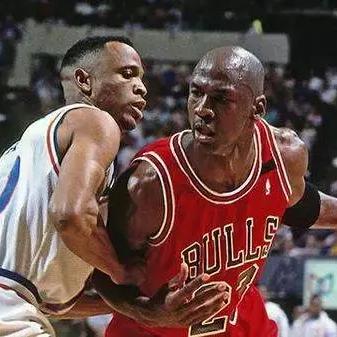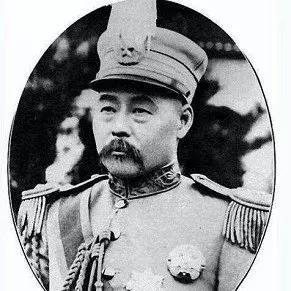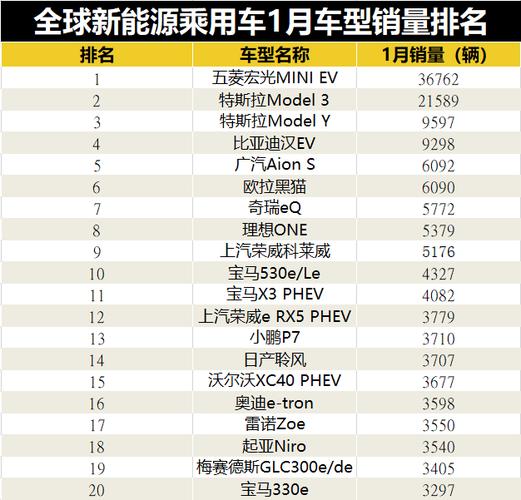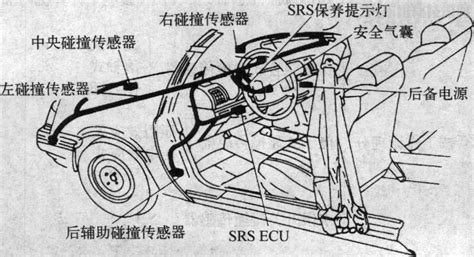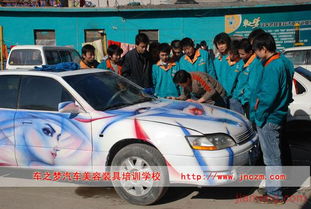Title: The Journey to Automotive Expertise: How Long Does it Take to Learn Car Repair?
Learning how to repair cars is a journey that requires time, dedication, and continuous learning. The duration it takes to become proficient in automotive repair can vary depending on several factors, including your starting knowledge, the complexity of the repairs you aim to perform, and the depth of expertise you wish to achieve. Let's explore the typical timeline and milestones involved in mastering car repair.
Understanding the Basics (06 months)
In the initial phase of learning, you'll familiarize yourself with the fundamental concepts of automotive mechanics. This includes understanding how engines work, the function of various car components, and basic maintenance tasks such as oil changes, tire rotations, and filter replacements. You can acquire this knowledge through selfstudy using resources like online tutorials, books, and instructional videos. Additionally, enrolling in a beginner's automotive repair course can provide structured learning and handson experience.
HandsOn Practice (6 months 2 years)
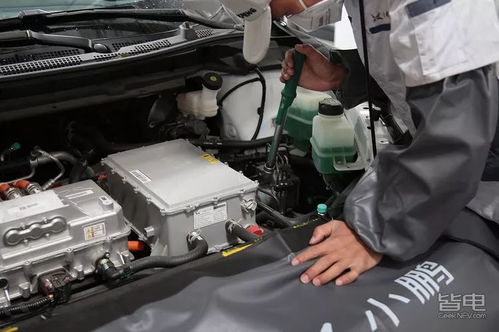
The next stage involves practical application and gaining handson experience. This is where you'll spend time working on actual vehicles, diagnosing issues, and performing repairs under the guidance of experienced mentors or instructors. Whether through apprenticeships, vocational programs, or entrylevel positions at repair shops, the emphasis is on honing your skills through realworld scenarios. During this period, you'll encounter a variety of challenges that will deepen your understanding of automotive systems and build your problemsolving abilities.
Specialization and Advanced Training (24 years)
As you gain proficiency in general automotive repair, you may choose to specialize in specific areas such as engine diagnostics, electrical systems, or HVAC (heating, ventilation, and air conditioning). Advanced training programs and certifications offered by manufacturers, technical schools, or industry organizations can provide indepth knowledge and credentials in your chosen field. These programs often require a combination of classroom instruction, handson labs, and supervised work experience. Achieving mastery in a specialization typically takes several additional years of focused study and practice.
Continuous Learning and Professional Development
The journey to becoming a skilled automotive technician doesn't end with formal education or training programs. The automotive industry is constantly evolving, with new technologies, diagnostic tools, and repair techniques emerging regularly. To stay ahead, it's essential to commit to lifelong learning and professional development. This can involve attending workshops, seminars, and conferences, as well as staying updated on industry publications and online forums. Additionally, pursuing advanced certifications and manufacturerspecific training can enhance your expertise and career prospects.
Conclusion
In summary, the timeline for learning car repair can vary based on individual circumstances and career goals. While some individuals may acquire basic skills within a few months, achieving mastery in automotive repair typically requires several years of dedicated study, practice, and ongoing learning. By investing time and effort into your education and professional development, you can build a rewarding career as a knowledgeable and skilled automotive technician. Remember, the journey is as important as the destination, so embrace every opportunity to expand your skills and expertise in this dynamic field.
Ready to Hit the Road?
Embark on your journey to automotive expertise with confidence. Whether you're just starting or looking to advance your skills, the road ahead is filled with opportunities for growth and success. Keep learning, stay curious, and enjoy the ride!



